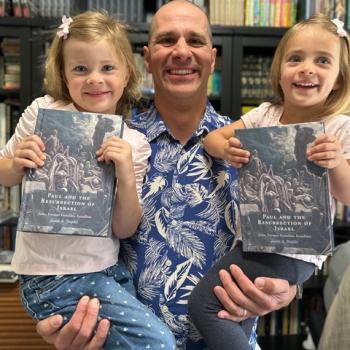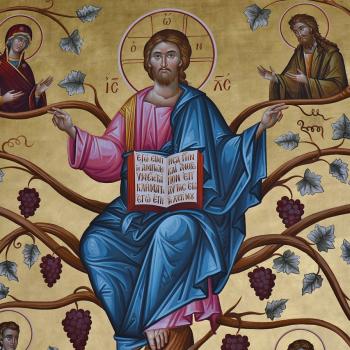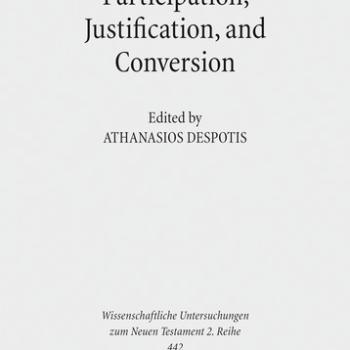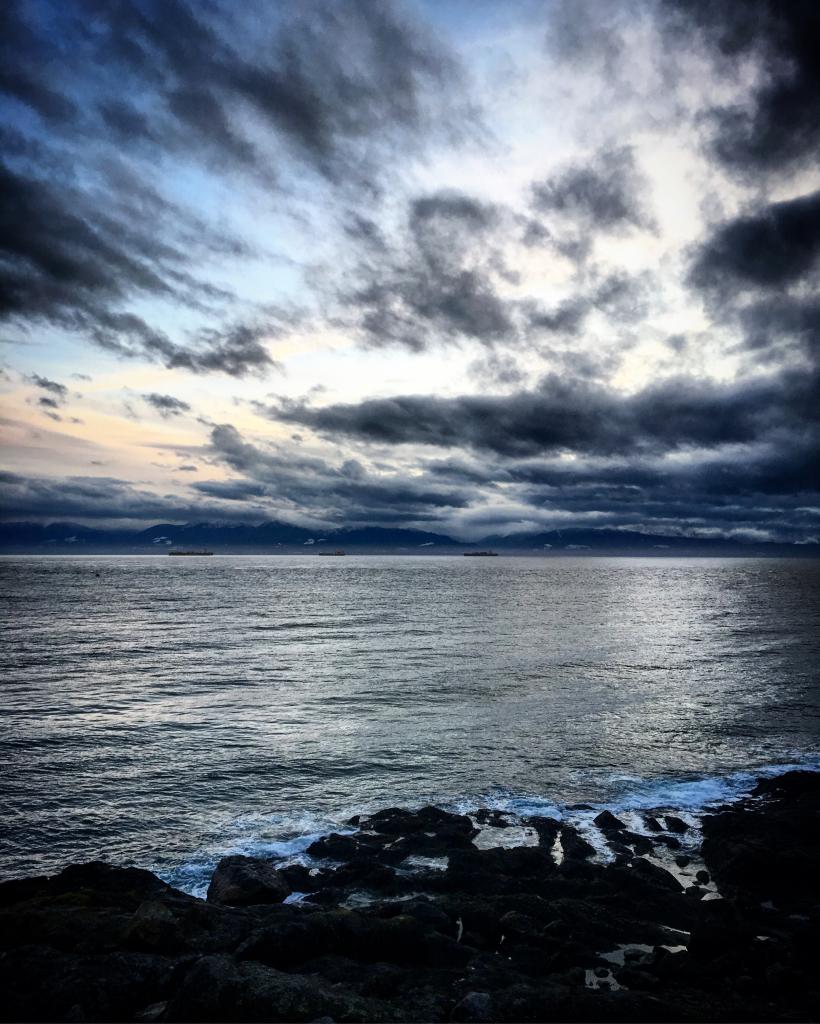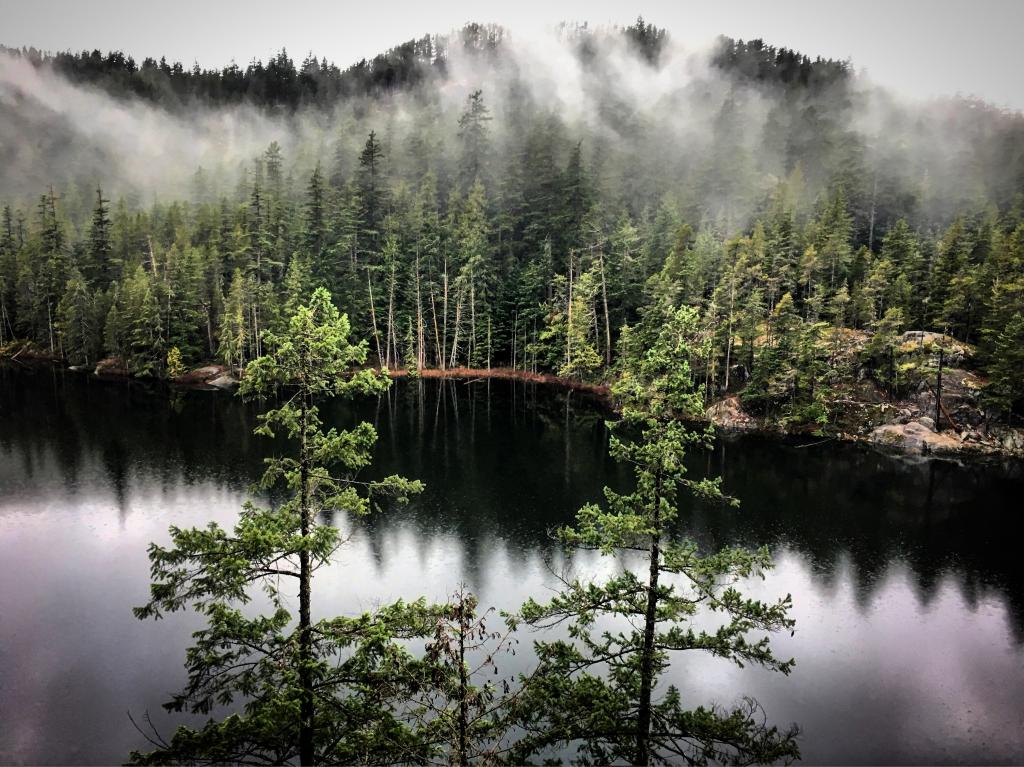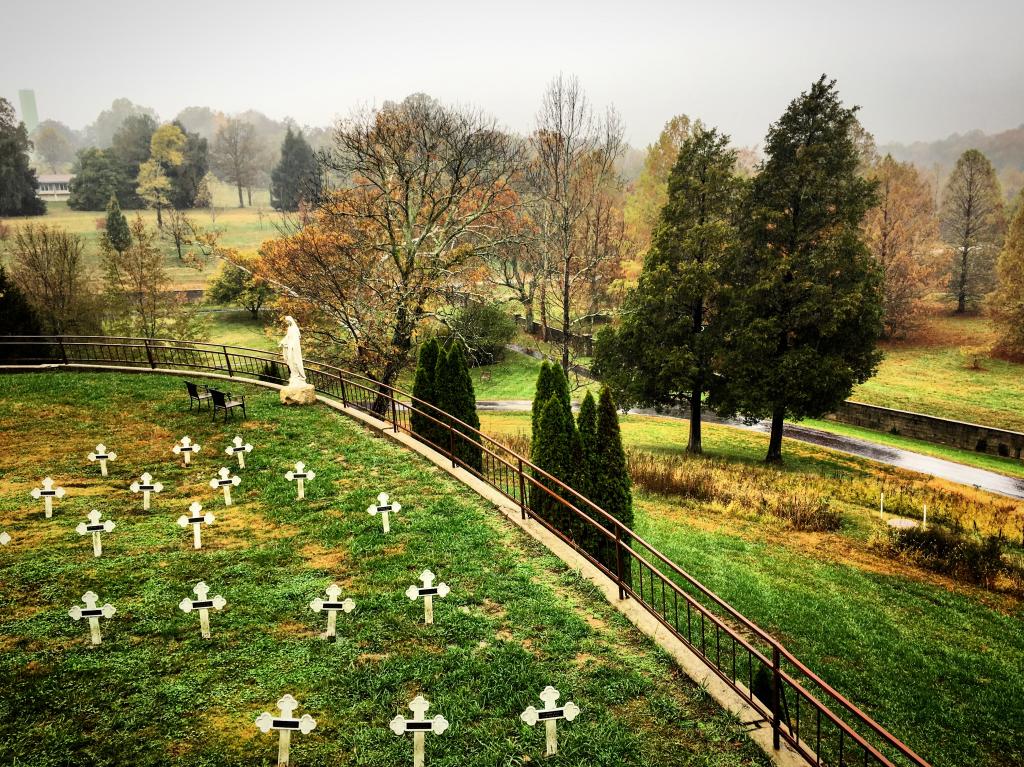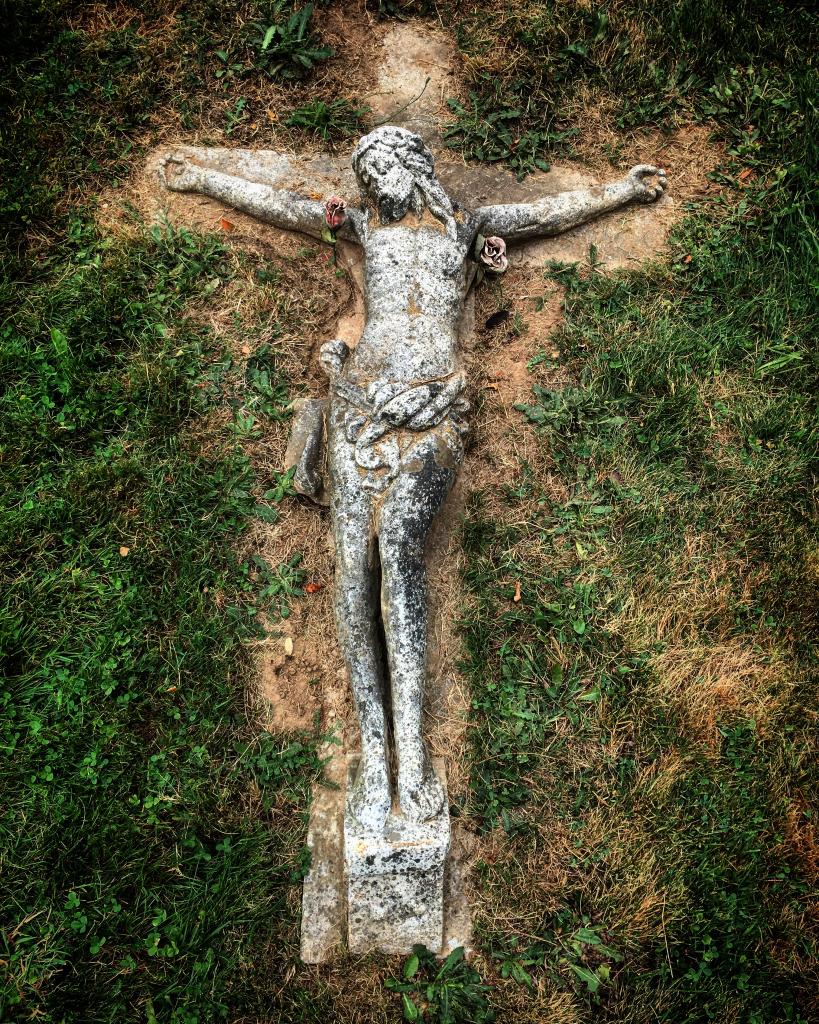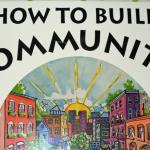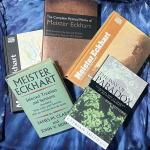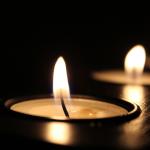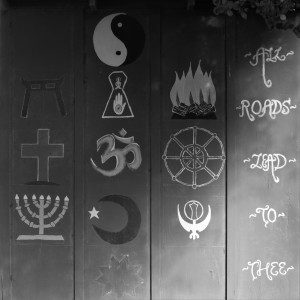
You’ve probably seen the bumper sticker: COEXIST, spelled out with the symbols of seven different religious traditions. Yet, we live in a time of deep religious, racial and political strife. Is religious diversity an asset or a liability in today’s society? Why are there so many religions? Don’t they all teach the same thing anyway?
This was my ‘Hook’ today, as I opened another episode of ‘Experiencing the Sacred: Where Spirit Meets World in Vancouver’, I radio show I host with four other folks that airs every Thursday at 10AM. The topic today was the promise and perils of interfaith dialogue with three Vancouverites engaged in interfaith work.
For those of you who are not familiar with my radio show, ‘Experiencing the Sacred’ hosts conversations on identity, religious observance and spiritual practice at the intersection of politics, feminism, ecology, social justice, extremism and human rights; explores the diverse ways that religious observance and spiritual practice are embodied in the Vancouver area; and fosters greater religious and spiritual dialogue, understanding and cooperation in solving our most pressing social and ecological problems. We broadcast live every Thursday at 10 am at 100.5 FM, and online at coopradio.org. Past episodes are archived here.
In October of 2015 I was lucky enough to attend the World Parliament of Religions in Salt Lake City, Utah, where over 9,000 people gathered to share ideas, dialogue and discussion around global religious and spiritual movements. This was the eighth such Parliament since the first was convened in 1893 in Chicago. Dozens of religious leaders participated, and initiated a global movement of interfaith dialogue. In fact, the Parliament just announced the 2018 Parliament will be held in Toronto!
The purpose of the Interfaith movement, sometimes called Inter-religious, or even Inter-Path work, is to build mutual understanding, find common ground and work for shared values such as environmental protection, human rights, gender equality, and social justice. But this can be challenging work. My guests, a Muslim, a Baha’i, and a Reformed Christian, are involved in Interfaith dialogue in some capacity here in Vancouver.
I began by asking the guests to talk about their own spiritual journeys, and to name the most sacred place for them in their lives right now. They gave beautiful responses, but by the time they had finished we were almost half way through the show!
Each defined the importance of interfaith dialogue slightly differently, but each brought new insights. One of the most profound responses, by my Baha’i guest, was that interfaith dialogue was at the end of the day about understanding our own traditions better, rather than just to pat each other on the back, we engage difference and use it to deepen our own convictions and commitments.
None of my guests thought that interfaith dialogue was about striving for some superficial oneness, or glossing over the profound challenges in religious encounters. But each was committed to living together in difference, to respect the other as other.
My Muslim guests especially struck me as having no illusions about the difficulties of the vulnerability required for such an endeavor, a vulnerability we are seldom willing to engage.
It seems that often interfaith dialogue is framed in terms of what we share, but what I learned today was that it is also about engaging what we do not share, and learning to be ok with that.
Vancouver area Interfaith Groups



